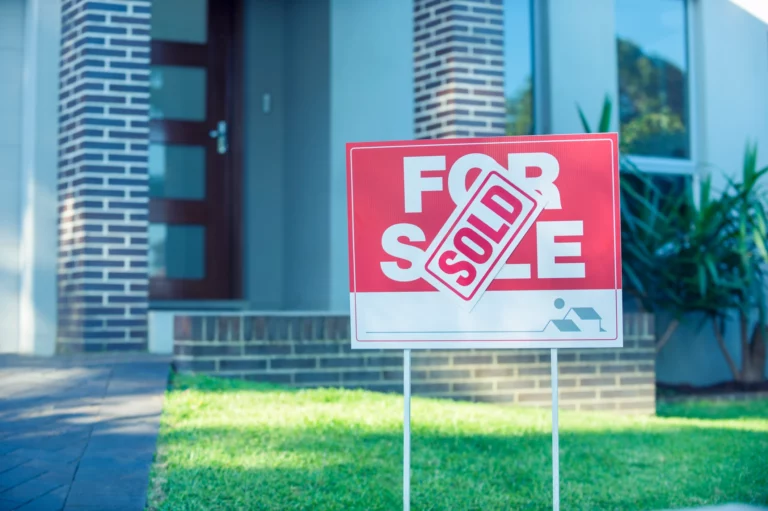How Much Equity Do You Need to Refinance Your Home Loan?

Are you considering refinancing your home loan to take advantage of lower interest rates or access the equity in your home? One key factor that determines your eligibility for refinancing is the amount of equity you have built up in your property. In this article, we’ll explore how much equity you typically need to refinance and what options are available for homeowners with limited equity.
Understanding Home Equity
Home equity refers to the portion of your home’s value that you own outright, calculated by subtracting your outstanding mortgage balance from your property’s current market value. For example, if your home is worth $500,000 and you owe $300,000 on your mortgage, your home equity is $200,000.
As you make mortgage payments over time and your home appreciates in value, your equity increases. This equity can be a valuable asset when refinancing your home loan.
Equity Requirements for Refinancing
In general, lenders prefer borrowers to have at least 20% equity in their home before approving a refinance. This 20% equity threshold provides a buffer for lenders, reducing their risk in case of default.
However, the specific equity requirements can vary depending on the type of refinance you’re seeking:
- Conventional Refinance: For a conventional refinance, including cash-out refinances, most lenders require a minimum of 20% equity (or a loan-to-value ratio of 80% or less). This also helps you avoid private mortgage insurance (PMI) on your new loan.
- FHA Refinance: If you’re refinancing an FHA loan, you may be able to refinance with less than 20% equity. For FHA cash-out refinances, lenders typically prefer borrowers to have at least 20% equity remaining after the refinance.
- VA Refinance: Veterans and active-duty military members may be able to access up to 100% of their home equity through a VA cash-out refinance.
It’s important to note that these are general guidelines, and individual lenders may have their own specific equity requirements for refinancing.
Options for Homeowners with Limited Equity
If you don’t have the 20% equity typically required for a refinance, you may still have options:
- FHA Streamline Refinance: If you currently have an FHA loan, you may be eligible for an FHA Streamline Refinance, which has no equity requirement. This program allows you to refinance to a lower interest rate without an appraisal, making it easier for homeowners with limited equity.
- VA Interest Rate Reduction Refinance Loan (IRRRL): Similar to the FHA Streamline Refinance, the VA IRRRL allows veterans and active-duty military members to refinance their existing VA loans to a lower interest rate, even if they have little to no equity.
- Pay Down Your Mortgage: If you’re close to the 20% equity threshold, consider making extra payments on your mortgage to build equity faster. You can use windfalls like bonuses or tax refunds to pay down your principal balance and increase your equity.
- Personal Loan: Another option is to take out a personal loan and use the proceeds to pay down your mortgage balance, increasing your equity. After refinancing, you could then apply for a home equity line of credit (HELOC) to help pay off the personal loan. However, this strategy only makes sense if you can secure a lower interest rate through refinancing.
The Importance of Equity When Refinancing
Having sufficient equity is crucial when refinancing your home loan for several reasons:
- Lower Interest Rates: Lenders typically offer the most competitive interest rates to borrowers with higher levels of equity, as they are seen as less risky.
- Avoid PMI: If you have at least 20% equity, you can avoid paying for private mortgage insurance on your new loan, which can save you hundreds of dollars each year.
- Access to Cash: With a cash-out refinance, you can tap into your home equity to access funds for home improvements, debt consolidation, or other financial goals. The more equity you have, the more cash you may be able to access.
- Better Loan Terms: Homeowners with substantial equity may qualify for more favorable loan terms, such as longer repayment periods or lower fees.
Consult with a Mortgage Broker
Navigating the refinancing process and understanding equity requirements can be complex. That’s where a knowledgeable mortgage broker can help.
At Lime Financial Services, our experienced mortgage brokers in Melbourne can assess your unique financial situation and help determine if refinancing is right for you. We have access to a wide range of lenders and can help you find the most competitive rates and terms for your refinance.
Our team will guide you through the entire process, from calculating your available equity to submitting your application and closing your new loan. Plus, our services are free to use, so you can explore your refinancing options with no obligation.
The bottom line
The amount of equity you need to refinance your home loan depends on several factors, including the type of refinance you’re seeking and your lender’s specific requirements. In general, having at least 20% equity can make the refinancing process smoother and provide access to better rates and terms.
If you’re considering refinancing your home loan, it’s essential to work with a trusted mortgage broker who can help you understand your options and guide you through the process. Contact Lime Financial Services today to schedule a consultation with one of our experienced mortgage brokers and take the first step toward achieving your refinancing goals.





